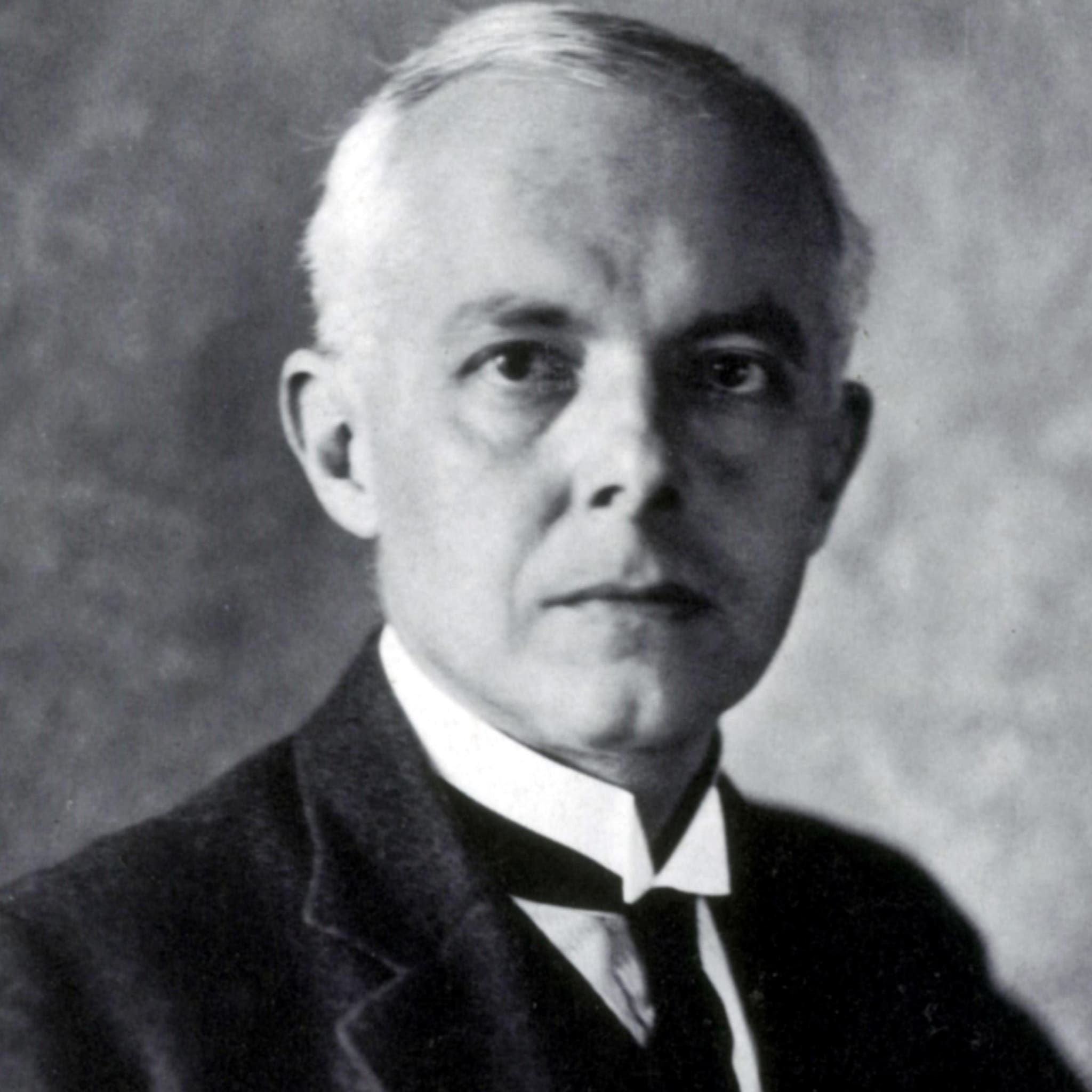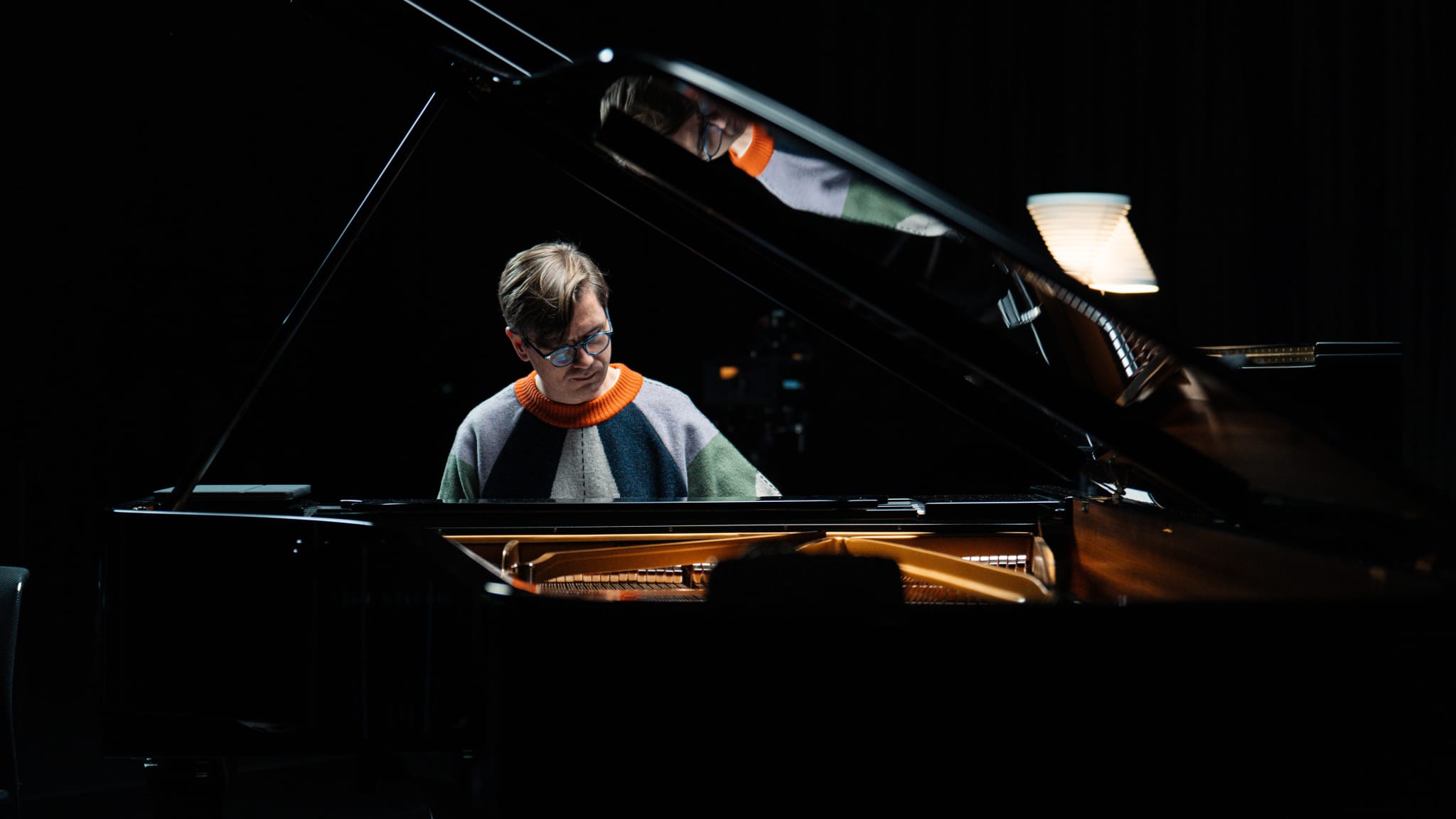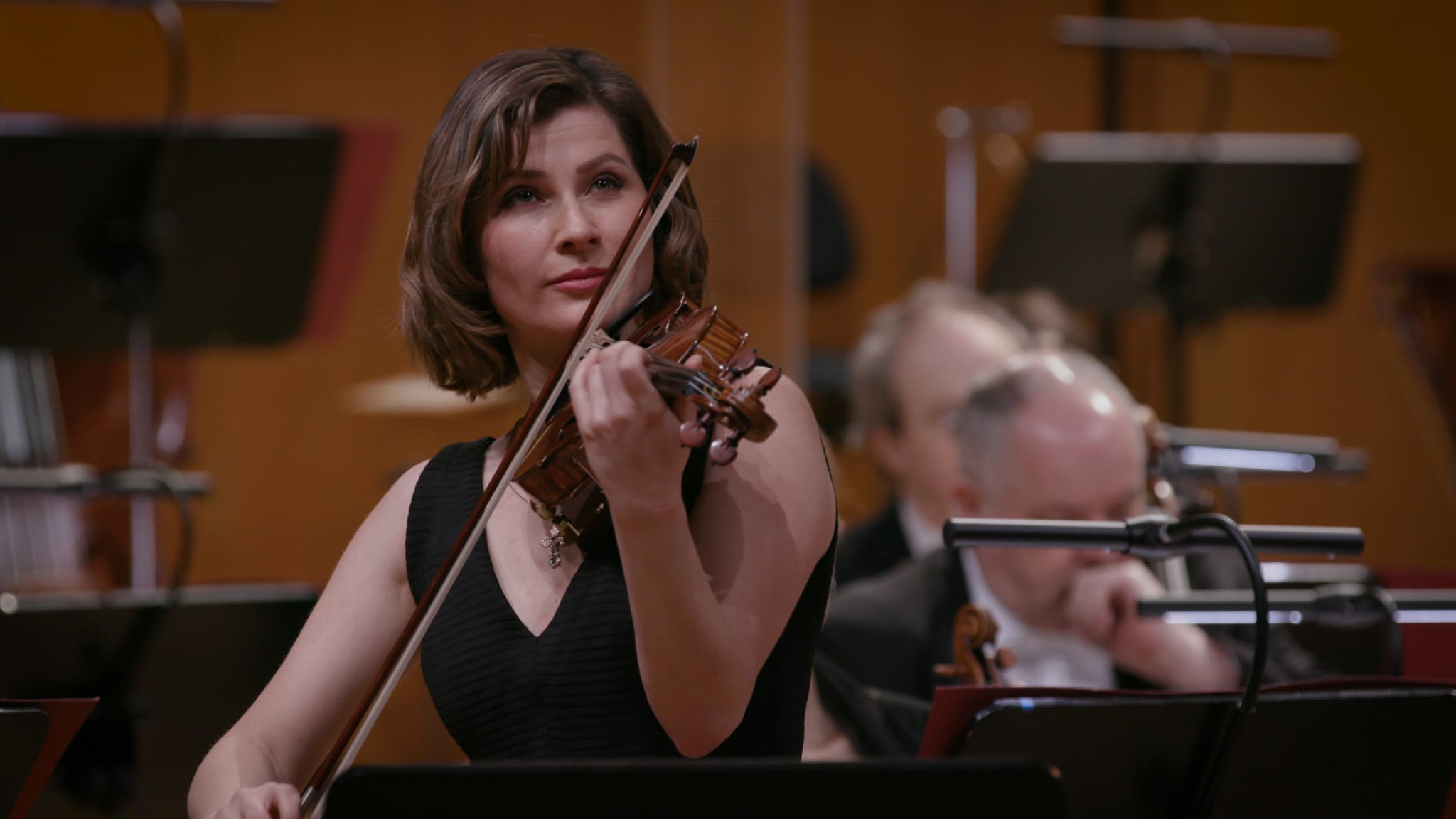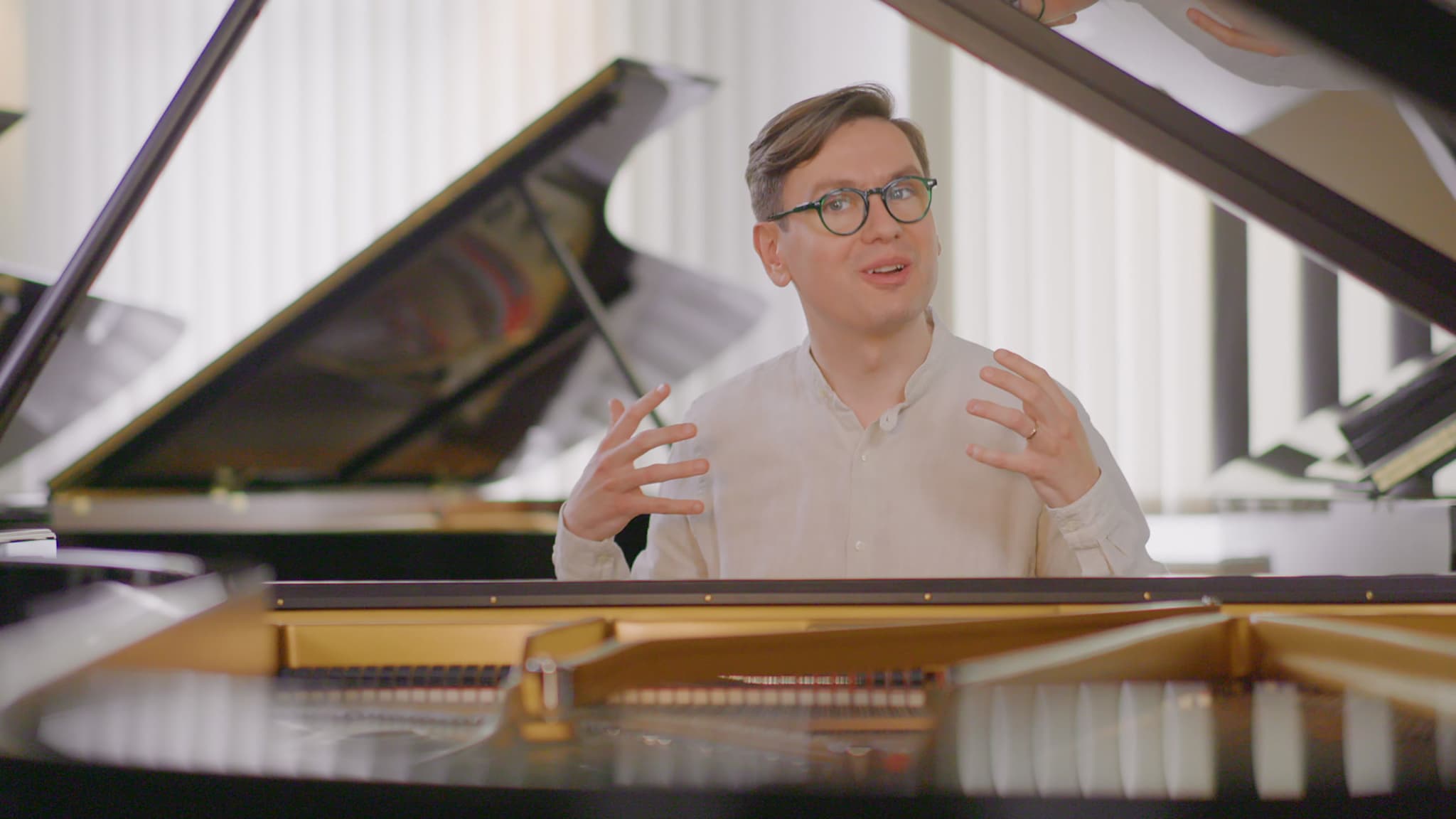New on STAGE+
Albums
Interviews
About
Béla Bartók

Bartók was the greatest and most influential Hungarian composer of the 20th century. He was an inspiring teacher, a virtuoso pianist, and a studious ethnographer, capturing the spirit, variety, and detail of the Central and Eastern European folk music he collected and often included in his compositions.
Plagued by a weak and sickly constitution, Bartók was born in a small Hungarian town in 1881. When his father died, his mother had to return to teaching in order to support her family. In spite of their unsettled existence at this period, she found time to teach the boy the piano, and he was still only 11 years old when he made his public début.
He studied at the Budapest Academy of Music, where István Thomán, a pupil of Liszt, proved an inspiring teacher. A seminal experience in Bartók's life at this time was a performance of Richard Strauss's Also sprach Zarathustra in 1902. A few years later, his discovery of Debussy produced a similar effect, as did his meeting with his fellow countryman, Zoltán Kodály, with whom he conducted research into local musical traditions. he began to undertake concert tours of Europe and the United States, performing his own works and those of other composers. He fled to the united states following political developments in Hungary and, although already suffering from the leukaemia that was to kill him, gave more and more concerts and threw himself into composition with an eagerness bordering on desperation. He died in a New York hospital in 1945.
Bartók's place in the history of 20th-century music cannot be overstated. His musical language draws equally on modal harmonies and free tonality and this, together with his use of folk material, places his music outside any recognised school, making him one of the most original of all composers. Among his many works, suffice it to mention his six string quartets, three piano concertos, The Miraculous Mandarin, the music for Strings, Percussion and Celesta, and the Concerto for Orchestra.
















